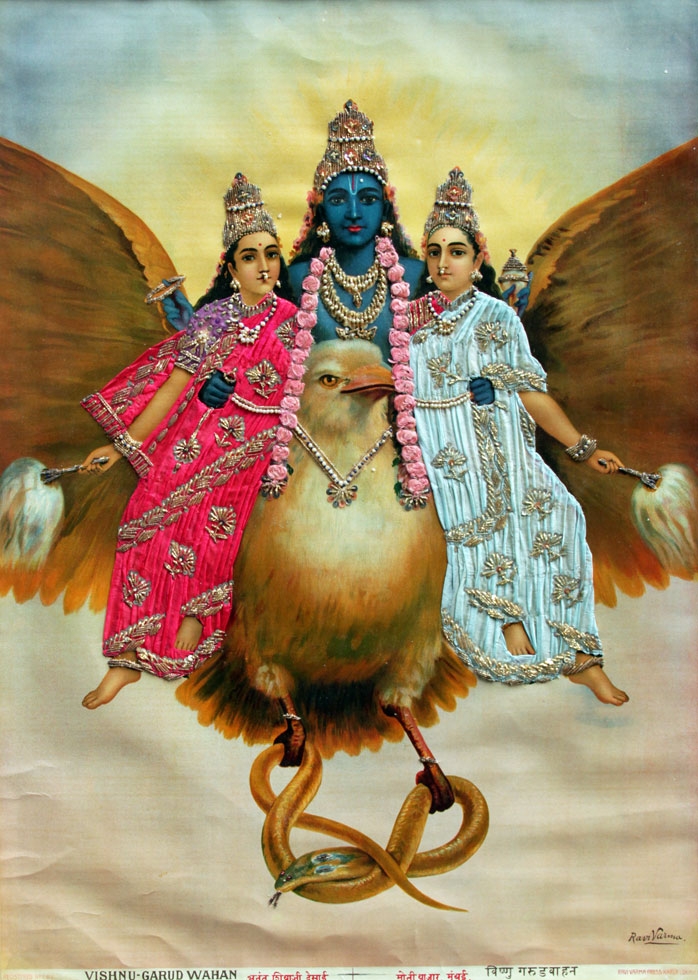

” Typically found at the end of the Yajur ( Sukla) Veda, it has a beautiful invocation, which everyone can appreciate: One of the oldest and longest is called Brihadaranyaka, or “great forest. These began to appear around the time of the Buddha (note: almost all dates in Hinduism are controversial), and, of course, have interesting names. There are several at the end of each Veda. While there are over 200 Upanishads, 10 to 13 are considered “ mukhya” (primary). Light, for example, is neither a wave nor a particle. If your neighbors are Hindu, you can truly impress them if you tell them that you admire the philosophy of neti-neti, perhaps elaborating that many things are best described by what they are not. This philosophy, called neti-neti (not this, not this), expresses the Hindu way of maintaining that God is a single unity beyond all parts and multiplicities-just as the Baha’i teachings describe the Creator:

Most notable is Yajnavalkya who taught that the truth about God can only be found through the negation of all thoughts about God. While there were many, largely unknown authors of the Upanishads, a few are attributed to particular sages. Because they are so unique and appeared later than the earlier Vedas, they are often spoken of as if they were separate from the Vedas. Because they occur at the end of each Veda, they are also called Vedanta (the end of the Veda) and for many Hindus ( Vedantists) they constitute the principal religious text. The Upanishads are amazing, and have become the most popular and accessible of the Vedas. Each has Samhitas or hymns, which in purpose are not unlike Western church hymns Brahmanas, which are commentaries on the hymns and which also explain the rites of priests (Brahmins) Aranyakas, which explore more mystical and esoteric topics and are generally only suited for scholars and hermits and the Upanishads, short summaries or stories designed to connect the devotee to the Creator. Each Veda is large, and each is divided into four sections developed over hundreds of years. The Upanishads and the Philosophy of Neti-NetiĪs we learned earlier in this series of essays, the Hindu scriptures contain four Vedas. But we do know that at least one Hindu reference supporting monotheistic thought comes directly from the Upanishads. If we abandon these timeworn blind imitations and investigate reality, all of us will be unified.Īs a result of these man-made changes to religious practice and belief over time, we may never know whether the original Hindu teachings were essentially theistic, with a belief in one Supreme Being or pantheistic, with a belief in many gods. Religious prejudice thus becomes the cause of warfare and battle. Inasmuch as they differ from the reality and the essential teachings of the Manifestations of God, dissensions have arisen, and prejudice has developed. These imitations are not the foundation and essence of the divine religions. All have guided souls to the attainment of perfections, but among the nations certain imitations of ancestral forms of worship have arisen. All have proclaimed the virtues of humanity. All have summoned souls to peace and accord. All these have served the world of humanity. … the teachings of the holy Souls Who founded the divine religions are one in essence and reality. The foundation of all the divine religions is one. Abdu’l-Baha explained this common dynamic in a talk he gave at a Japanese church in Oakland, California in 1912:

The Baha’i teachings say that religion must be regularly renewed because of that very fact-because “imitations of ancestral forms of worship have arisen” that have differed from the original messages of ancient Faiths. RELATED: Was Baha’u’llah the Return of Krishna? This isn’t an easy question to answer, not only because different opinions come from different people, but because Hinduism itself is so ancient, and like many other Faiths has dramatically changed since its inception thousands of years ago. Do Hindus believe in one God, or in many gods? Some people, including Hindus themselves, will answer “many gods,” because so many holy figures are named and worshipped in Hinduism.


 0 kommentar(er)
0 kommentar(er)
